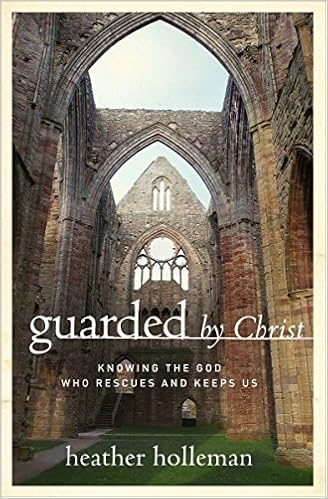On the Trail
Little Juniata Natural Area, Rothrock State Forest
Oct. 2016
The little Juniata River Natural Area is a non-loop trail in Rothrock State Forest just outside the quaint village of Barree about 5 miles Northeast of Alexandria, PA in Huntingdon County. The Little “J” is the smaller branch of the Juniata river and is a part of the Susquehanna watershed. After the recent days of 40 mph wind gusts, most of the bright fall foliage along the banks is gone and the bare limbs overhanging the banks look like November. But we didn’t come for the trees; we have come for the taste of Autumn on the tongue. Breathe deeply through the nose and hold that breath at the back and top of the mouth like a good whiskey… it, too, flavors of aged wood.
The stream finally looks full and healthy after the weekend rains: the smoky green rapids of good trout water. In fact, we pass more than one fly fisher coming out the trail head. Fall signals our favorite hiking weather, in part, because we tend to have most trails to ourselves. Although we aren’t in true wilderness, one catches a glimpse when footprints fade and the sound of boot and paw in thick leaves and humus echoes off the bluffs of limestone overhanging the narrowest bends of the trail. There is some speculation as to the Native American translation of “Juniata.” The rough translation from Iroquoian is “standing stone.” Rumor has it that there was a giant standing stone where the town of Huntingdon now sits and which disappeared when the tribe was pushed out by white settlers. Some of the limestone boulders are large as houses, some in groups like giants squatting round in a circle; others lonely pillars like ancient monoliths from some long-gone stone age ring.
One would never guess that Rothrock State Forest (named after the famed conservationist, Joseph Rockrock) was created in direct response to the deforestation occurring in PA in 19th century: trees march up from the trail over scree to the summit of each ridge— a myriad of oak, beech, maple, birch, ash, hemlock, and spruce; however, to the naturalist’s trained eye, the absence of abundant dead fall marks this forest as rather new. At this time of year, the leaf mold is thick, but one can find the stray mushroom holding onto the mild afternoons; others are well into rot and smell of roadkill. We had hoped to find the stray hen of the woods or maybe a lingering chanterelle, but the season is well and truly over for mushroom foraging.
Up ahead, Onoko lifts her muzzle to the wind tunneling downstream, funneled through the river gorge, as she is so wont to do. This time her gaze lingers and her head slowly tracks the thermal path of turkey vultures high above, the almost unbalanced bobble of wings giving them away. Up ahead, something is on its way to dust and I muse on the efficiency of nature: nothing is wasted and all gives life, even in death. Someday, I too, may make my way into some scavenger’s gullet. The thought, as macabre as one might think, is queerly comforting: that I should be so lucky to remain on a trail in perpetuity, cycling through life over and over.
But, here we are, almost at the end of the trail, the “posted” signs a barrier that signals we can go no further: herein lies the edge of civilization, follow your footsteps back through this tunnel between signposts. We stop when we must, but Onoko pulls against her lead, not understanding why we just can’t keep going round that next bend where some what if waits. I’m reminded of a line from Galway Kinnell’s, “Dear Stranger, Extant in Memory by the Blue Juniata:”
At dusk, by the blue Juniata-
“a rural America,” the magazine said,
“now vanished, but extant in memory,
a primal garden lost forever . . .”
(“You see,” I told Mama, “we just think we’re here . . .”)
Sometimes I wonder at how my imagination creates histories of places I have not seen: I guess it’s in knowing the what ifs are there, around the bend, held there in some memory yet to happen. Onoko can smell it, just up ahead. She gives one last reluctant tug, then follows, slower. She is no longer concerned with being first to see what’s up ahead; the trail has ended and it’s time to return.









You must be logged in to post a comment.